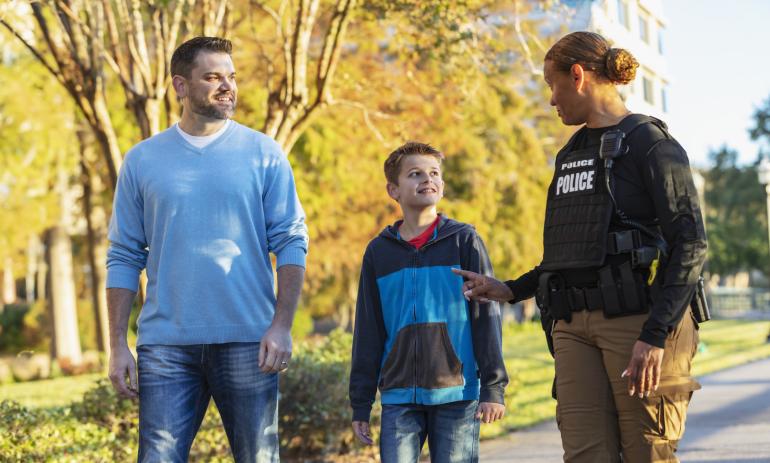08 Oct 2024

Downward housing trajectories during childhood and its implications for youth exposure to police contact
Dr. Riccardo Valente, Universitat Autonoma de Barcelona (Spain)
16h15 - 17h00
UNIGE, Uni-Mail, room 4050
This study looks at the criminogenic effects of residential mobility during the potentially precarious transition to early adolescence. Using disaggregate data from the UK Millennium Cohort Study (N=11,176), we analysed the relationship between residential mobility experienced during childhood and police contact at age 14. Using logistic regression, findings revealed that the number of residential moves being equal, downward or irregular housing tenure trajectories increased adolescents’ odds of involvement in a police-initiated contact (stop and search, caution, or arrest). Exposure to police contact was significantly higher than for adolescents who did not move residential address during their childhood or for those who moved but did so within the context of stable homeownership. Tests for mediation reveal that this association is only partially conveyed by adolescents’ unlawful behaviours. Housing hardship produces, however, undesirable effects in terms of externalising behaviour problems, school disengagement, and social severance, all of which are connected to a greater probability of youth-police interactions. Our findings shed new light on the social determinants of youth’s exposure to the criminal justice system, a turning point in adolescents’ lives with enduring consequences over the life course.
Full programme of LIVES scientific events at UNIGE (fall 2024)

